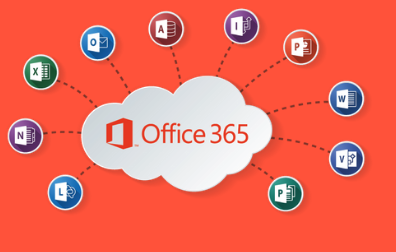Confusing enterprise agreements and enterprise licenses in SharePoint
Over the last few weeks, I've had the opportunity to speak to various customers about SharePoint licensing. The common theme is that most don't understand Microsoft licensing in general and SharePoint licensing specifically. In fact, most customers are pretty confused by the dizzying array of options, choices, and requirements Microsoft has constructed.
In particular, some customers have gotten a nasty shock when they realized the (potentially expensive) difference between an Enterprise Agreement and an Enterprise License in MOSS.
Confusion starts with the difference between Enterprise and Standard license options. In fact, at the server level, there isn't a distinction. The difference between the versions of SharePoint (specifically Microsoft Office SharePoint Server - MOSS) center on the infamous client access license (or CAL). As The SharePoint Report 2008 points out, most Microsoft customers with an Enterprise Agreement end up licensing something called the "Core CAL." This license is a combo CAL that includes the rights to connect to four different server products -- SharePoint is one of them. However, the SharePoint CAL in the Core is the Standard CAL.
So what? Doesn't the Standard CAL give me SharePoint? Yes and no. The Standard CAL entitles you to use the "standard" features of Microsoft Office Server -- one step up from the "free" Windows SharePoint Services. However, it doesn't give customers the right to use "enterprise" features such as Forms Services -- a component of the enterprise license that enables customers to display InfoPath forms as a web form. This situation is true of other very useful components of SharePoint Enterprise, including Excel Services.
Microsoft will counter that you could license some of these components separately. The theory is that you don't need to upgrade to the Enterprise CAL just to get Forms Services; you could license Forms Services separately and run it along side your SharePoint Standard environment. The downside is that licensing just Forms Services, for many organizations, may be nearly as expensive as purchasing the additional Enterprise CALs.
In short, familiarize yourself with the various options. Spend time speaking with the Microsoft Licensing specialist in your region (ask your sales person to help you contact them). You may not necessarily like the cost implications of some of their answers, but it will be time well-spent; you'll better understand the license requirements and benefits for your specific situation -- in some cases the answers could surprise you.




